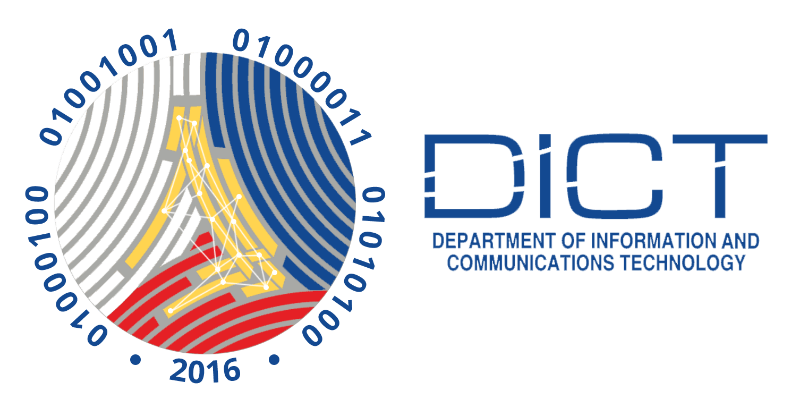- France, Singapore, and Tony Blair Institute throw weight behind DICT’s digital infrastructure and AI governance initiatives
- New secretary Henry Aguda lays out bold, four-point plan to build an inclusive, secure and transparent digital Philippines
DICT: Secures Backing from France, Singapore, and Global Think Tank
The Department of Information and Communications Technology (DICT) is the executive department of the Philippine government responsible for planning, developing, and promoting the country’s information and communications technology (ICT) agenda. DICT was created to lead the country’s digital transformation. It is vital in promoting innovation, improving internet access, strengthening cybersecurity, and improving government services through digital technology.
On April 10, Secretary Aguda met with French Minister Laurent Saint-Martin, who said France is ready to help improve the Philippines’ internet systems and online security. This follows earlier engagements with French Ambassador Marie Fontanel Lassalle and industry giants like Arianespace and Thales, expressing readiness to support the country’s satellite connectivity ambitions.
Singaporean Ambassador Constance See also reaffirmed her nation’s dedication to supporting e-governance, ICT workforce development, and digital security, for which Singapore has global expertise. Meanwhile, the Tony Blair Institute for Global Change pledged continued collaboration on AI governance, national infrastructure, and job creation within the Business Process Outsourcing (BPO) sector through tech-driven strategies.
Also read: UK government pledges 28M for telecoms R&D and cuts red tape
Also read: US and APAC allies ban DeepSeek from government devices
DICT: Champions Inclusive and Transparent Digital Growth
The department actively pursues projects like the National Broadband Plan and Digital Transformation Centres. It has launched 25 digital platforms, with 17 already live, to simplify government services and improve business ease.
Despite progress, the ICT sector in the Philippines faces persistent challenges: underdeveloped rural connectivity, digital literacy gaps, and cybersecurity threats. However, global partnerships and innovation—particularly in areas like AI, 5G, and cloud infrastructure—are helping to close these gaps.
As Aguda continues to rally international allies, “Digital Bayanihan” is emerging as a policy and a national movement aimed at building “an innovative, safe, and happy nation.”

